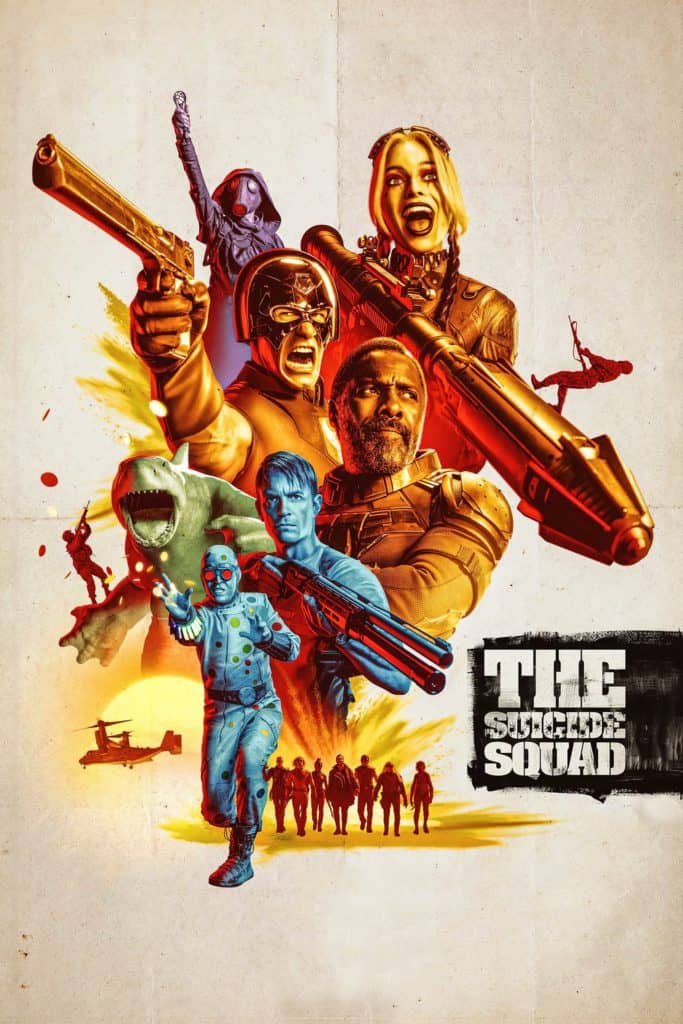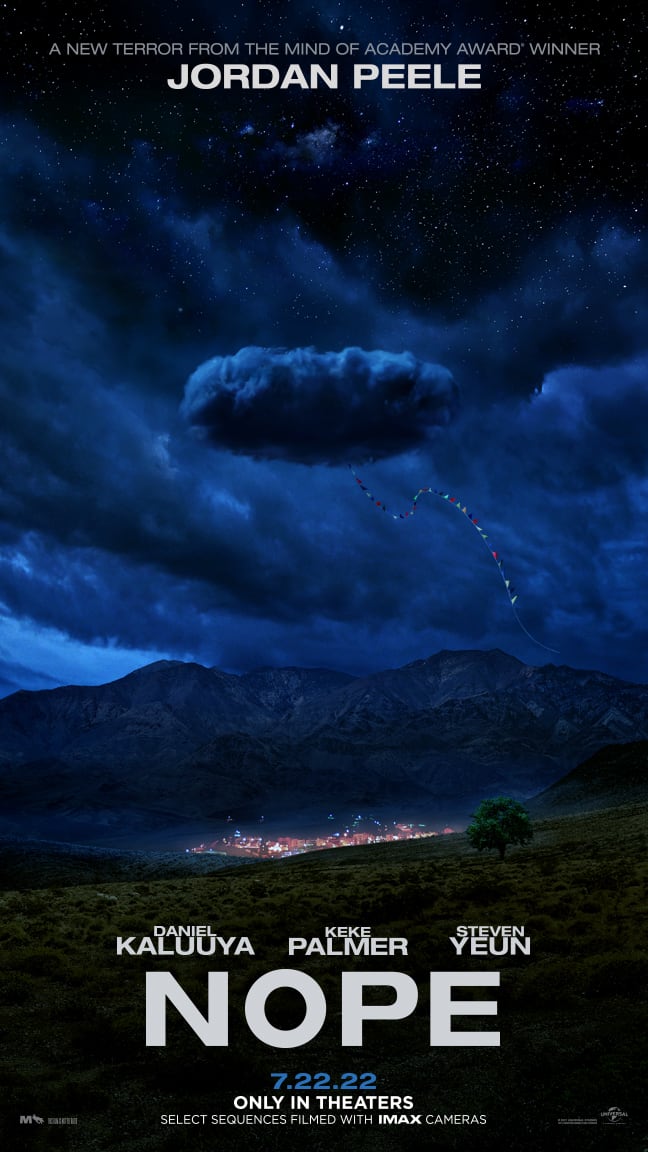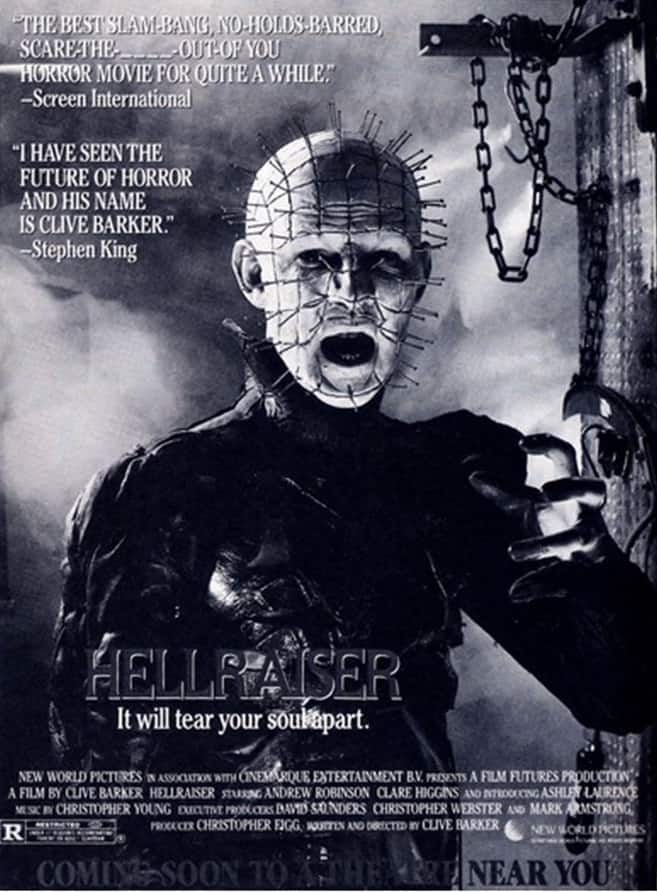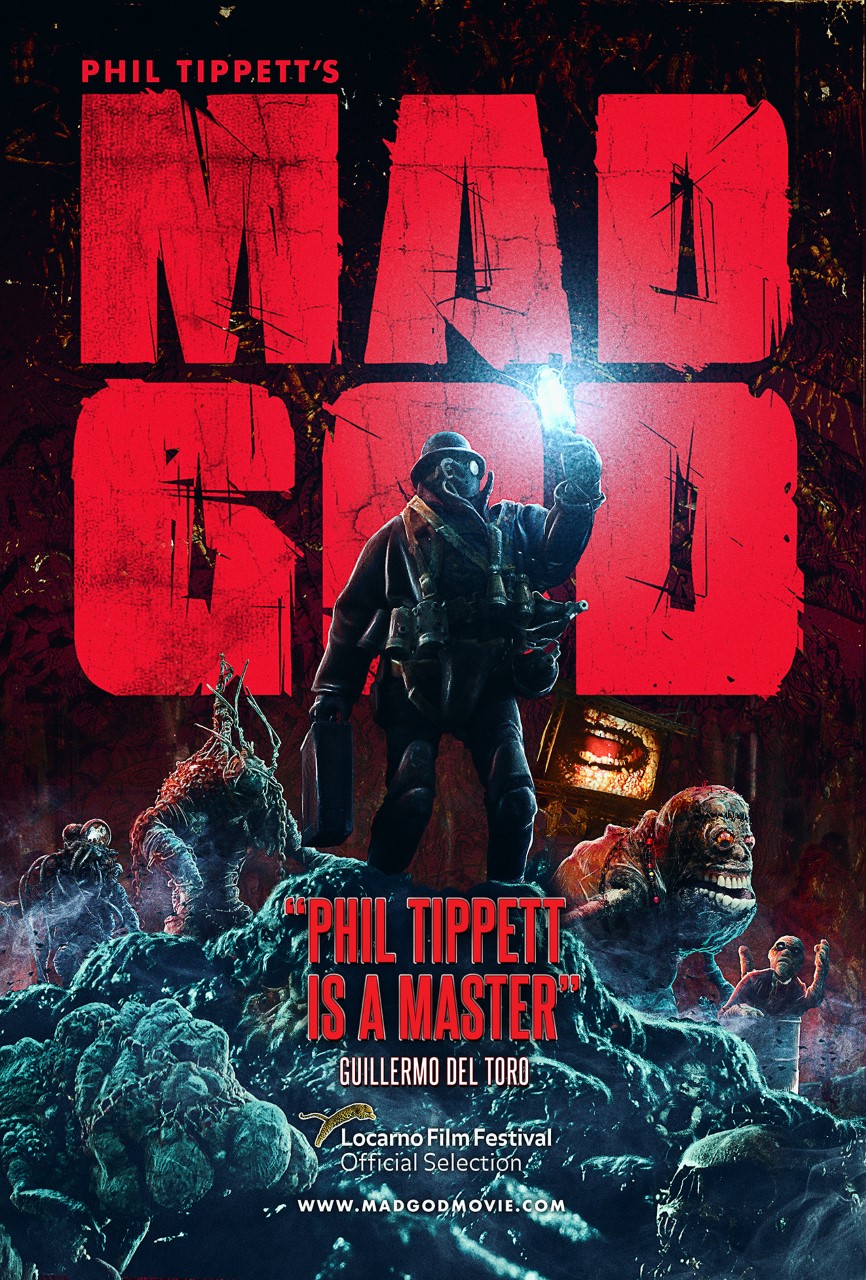
It came as quite a surprise when John Murphy was announced as the composer for The Suicide Squad. After all, he hadn’t scored a feature film since 2010’s Kick-Ass. But maybe an unexpected choice would be at home in the film’s misfit cast.
The heart of the score is a slightly crunchy guitar, embracing the film’s attitude and its anti-hero characters. Murphy deviates from this when the tone requires, going for a more somber, acoustic approach when Ratcatcher 2 tells of her emotional past in “Ratcatcher’s Story” or the spacey, Moog-driven ambience of “Interdimensional Virus.” After each detour, though, he always returns to the guitar. It’s refreshing to hear, as the guitar seems like one of the more underutilized instruments in film scoring. While it works to picture – building tension, giving an edge, and hyping up the “heroes’” exploits – it becomes repetitive, with a similar guitar tone, register, and style dominating.
The Suicide Squad is also filled with licensed songs, and Murphy’s score often lives within their recesses, filling in the spaces they leave behind. At first, I was surprised between the eclectic nature of these songs and the more constant sound of the score. If any movie could handle nonstop gonzo music it would be The Suicide Squad. After all, the film’s characters include: a humanoid shark descendant from the Shark God; a giant, child-eating weasel; and a man who shoots interdimensional polka dots. The expectation is that nothing should be played safe. But in doing so, Murphy subverts our expectations. The score almost acts as a palette cleanser while we wait for the next song to load up, which also prevents us being overwhelmed by variety. It’s also reminiscent of an adage a composer once told me: “if a single piano note works, it works.”
However, the licensed tracks seem to be less frequent in the film’s second half, giving Murphy more room to work. The familiar guitar is still there, but he builds on it with additional elements. The cues become more musically robust and, in turn, more emotionally resonant. This growth works in tandem with the film’s character development, so that by the end we care about these characters and connect with the surrounding music.
Murphy does this by saving his two strongest cues for the film’s final third. “King Shark and the Clyrax” combines a slow, mournful guitar with longing female vocals largely repeating “la la la.” He captures the childlike naivety of King Shark in this pseudo lullaby, while also exposing his melancholy at being an outcast among outcasts. “Ratism,” which plays during the climax, has an optimistic, almost silly chorus of singing overtop Murphy’s crunching guitar (probably his most varied guitarwork of the score). Though fittingly invigorating, it also plays against picture by winking to the audience and saying how ridiculous the climactic fight really is (to say why would be to spoil things, but almost any battle with a kaiju-like starfish is inherently ridiculous).
Though the score is inconsistent (and at times repetitive), the highlights are very strong. It’s good to hear John Murphy return to film scoring and hopefully The Suicide Squad will get a few additional entries, allowing those strong cues to develop further.



